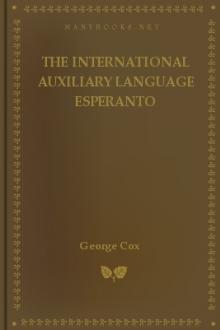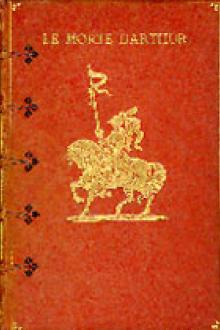The International Auxiliary Language Esperanto
The International Auxiliary Language Esperanto
Grammar and Commentary
An early compilation of the works so far on Esperanto, with a look at and commentaries to the alphabet and grammar of the language.
Book Excerpt
n theory, it was not so in practice. He had much to cut out, alter, and radically transform. Words, forms, principles, and postulates opposed one another in practice, although each, taken separately, appeared in theory right. Such things as the universal preposition je, the elastic verb meti (to put), the neutral, but definite, ending aÅ, would probably never have entered his head had he proceeded only on theory. Some forms, which appeared to him to possess a mine of wealth, were shown in practice to be useless ballast, and, on this account, he discarded several unnecessary suffixes.
He had thought, in the year 1878, that it was sufficient for the language to have a grammar and vocabulary; the heaviness and want of grace of the language he ascribed to his not knowing it sufficiently well; but practice always kept convincing him that the language required an indescribable "something," a uniting element, giving it life and soul. He therefore avoided all literal trans
FREE EBOOKS AND DEALS
(view all)Popular books in Language, Fiction and Literature
Readers reviews
0.0
LoginSign up
Be the first to review this book

 Free Download
Free Download





























